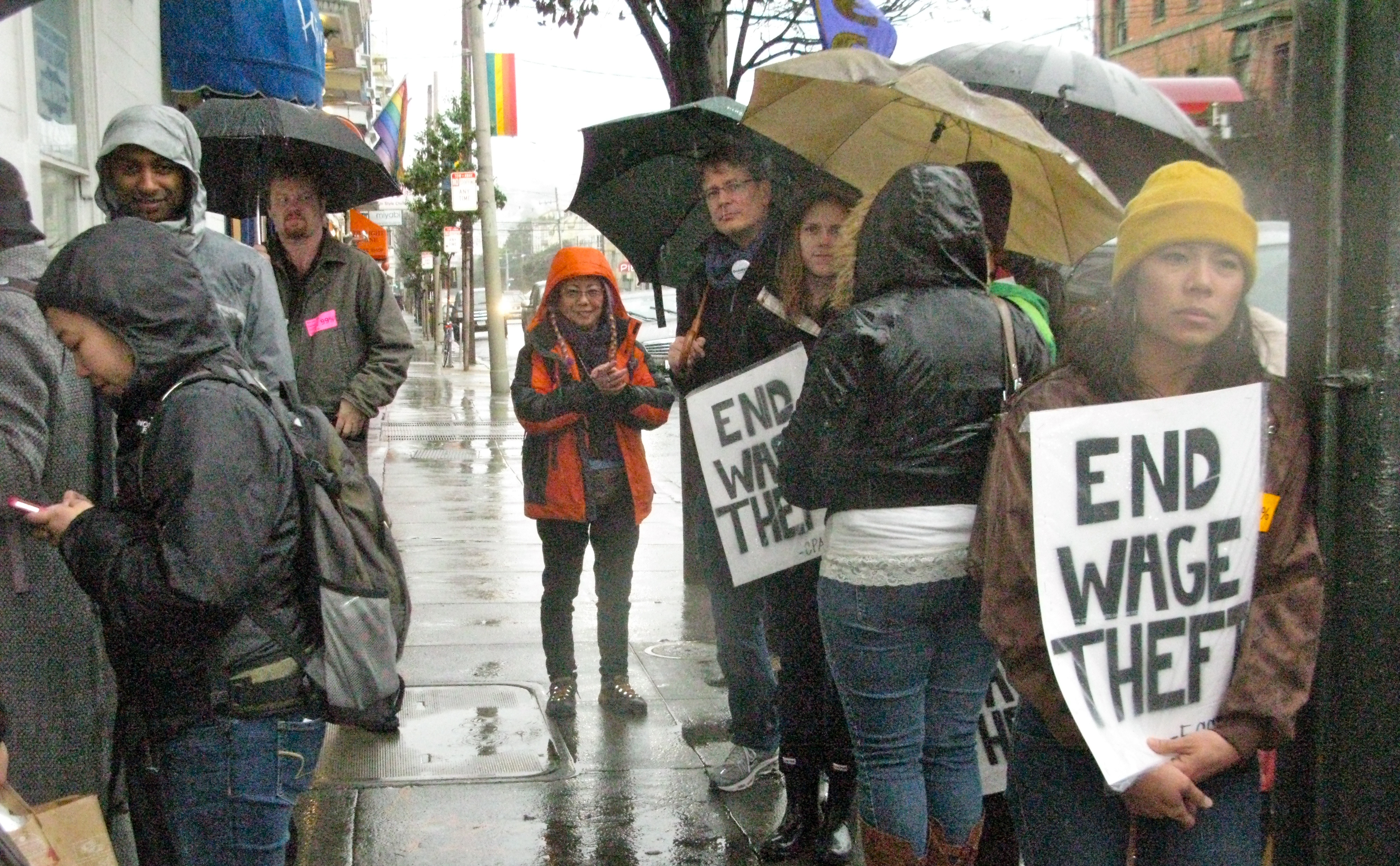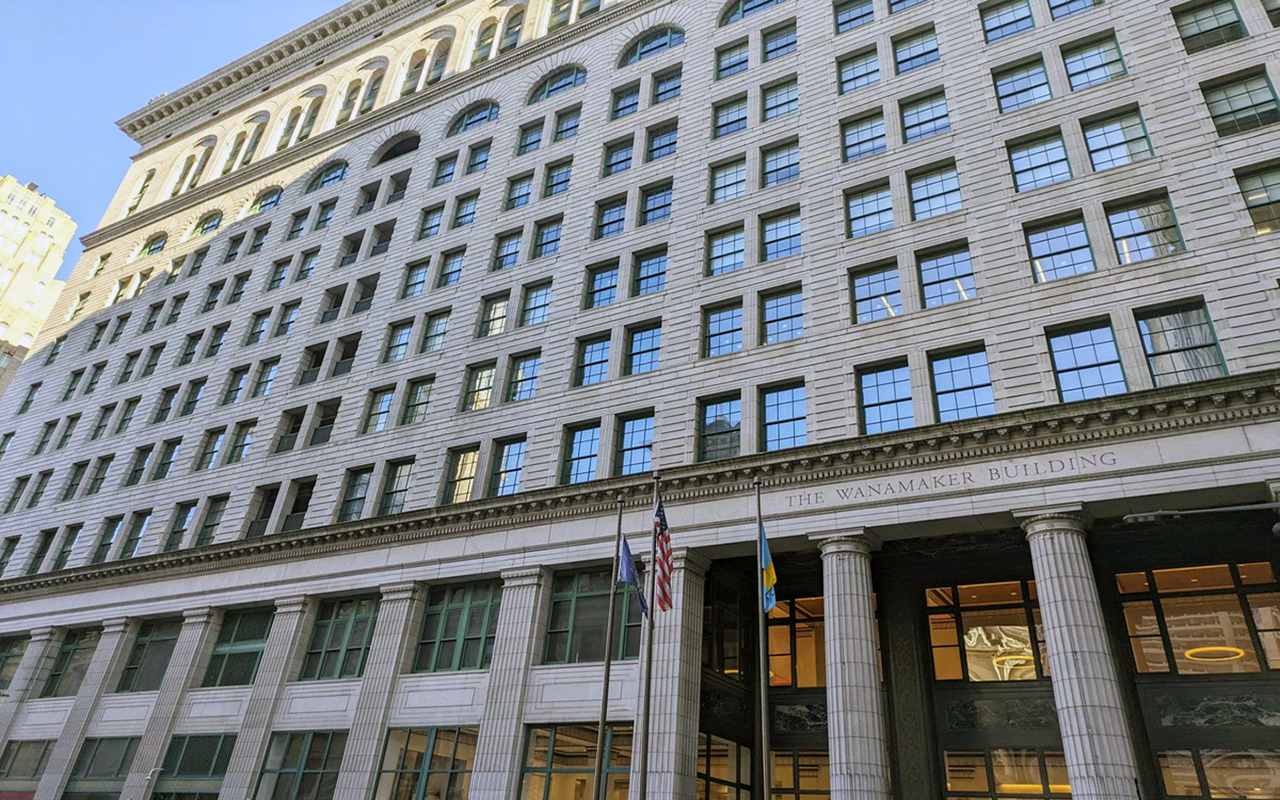
The war against wage theft comes to City Council
Councilman Bill Greenlee proposed an ordinance last Thursday that would increase fines for employers who commit wage theft in Philadelphia, which could be a big deal for the Latino community (and immigrant communities of every stripe, for that matter).
In any given work week, an estimated $19 million to $32 million worth of wages are withheld from workers statewide. In this same period, some 93,000 instances of wage occur in Philadelphia alone. In the larger metro area, about 128,476 workers experience a minimum wage violation, 105,458 an overtime violation, and 83,344 an off-the-clock violation. All of data comes from a report by the Social Justice Lawyering Clinic at the Stephen and Sandra Sheller Center for Social Justice.
Wage theft, which is illegal, occurs often and in a number of different ways. Regular hours are docked. Overtime goes uncompensated. Employers pay employees below the minimum wage. Predictably, low-wage workers — especially those of color — are the most likely victims, with the immigrant population being particularly vulnerable.
“In certain industries, it’s rampant,” says Kati Sipp, director of PA Working Families. “People who have white collar jobs are less likely to see it around them. But I guarantee if you went to a meeting of the Fast Food Workers Organizing Committee, every person will have a story about working off the clock.”
In a survey of Philadelphia restaurant industry workers, the PA wage theft report found that 40 percent had worked off-the-clock without pay. But the malpractice runs rampant across every sector. Here are the report’s findings of wage theft across various industries in Philadelphia:

Consider the story of Manuel, a Mexican immigrant chef who worked at a Philadelphia restaurant. Manuel contended with ongoing verbal abuse from management (“All Latinos are trash”) in addition to 30-plus hours in unpaid overtime every week. When Manuel quit, his employer withheld his final paycheck, and threatened to hand him over to Immigrations and Customs Enforcement (ICE) if he complained. Manuel had to retain legal counsel to get what was due to him, as well as expedite his immigration status.
Most cases of wage theft committed against immigrants go unnoticed for this reason.
“There are so many people in the Latino immigrant community who are dealing with this but aren’t speaking up because taking action means opening themselves up to the possibility of getting deported,” said Juntos organizer Jasmine Rivera.
The anti-wage theft ordinance introduced by Greenlee will receive a hearing in Council on October 27. If it is eventually passed into law, the bill would increase fines for employees found guilty of wage theft. But it would also give more power to the victims by creating a Wage Theft Coordinator position within the Managing Director’s office, whose role would be to protect complainants and make it easier for them to file complaints about wage theft without retaliation. Perhaps the most effective deterrent, the bill would grant the city rights “to deny, suspend or revoke any license or permit if the applicant is found guilty of wage theft.”
Though it will unlikely end the practice, it concedes to many of the recommendations put forth by the Scheller Center’s report.
“The current law is inadequate, but this new ordinance is a great step towards protecting workers,” said Michael Hollander, an attorney for Community Legal Services, an organization that has defended thousands of low-income workers. “Increasing penalties against employers who are skirting the law is a vital way to combat wage theft.”










DEJE UN COMENTARIO: